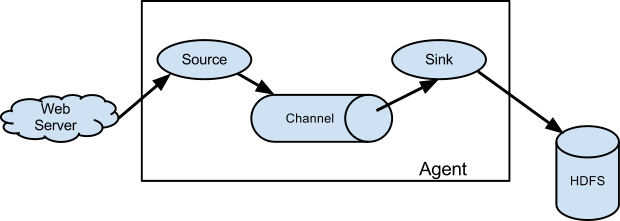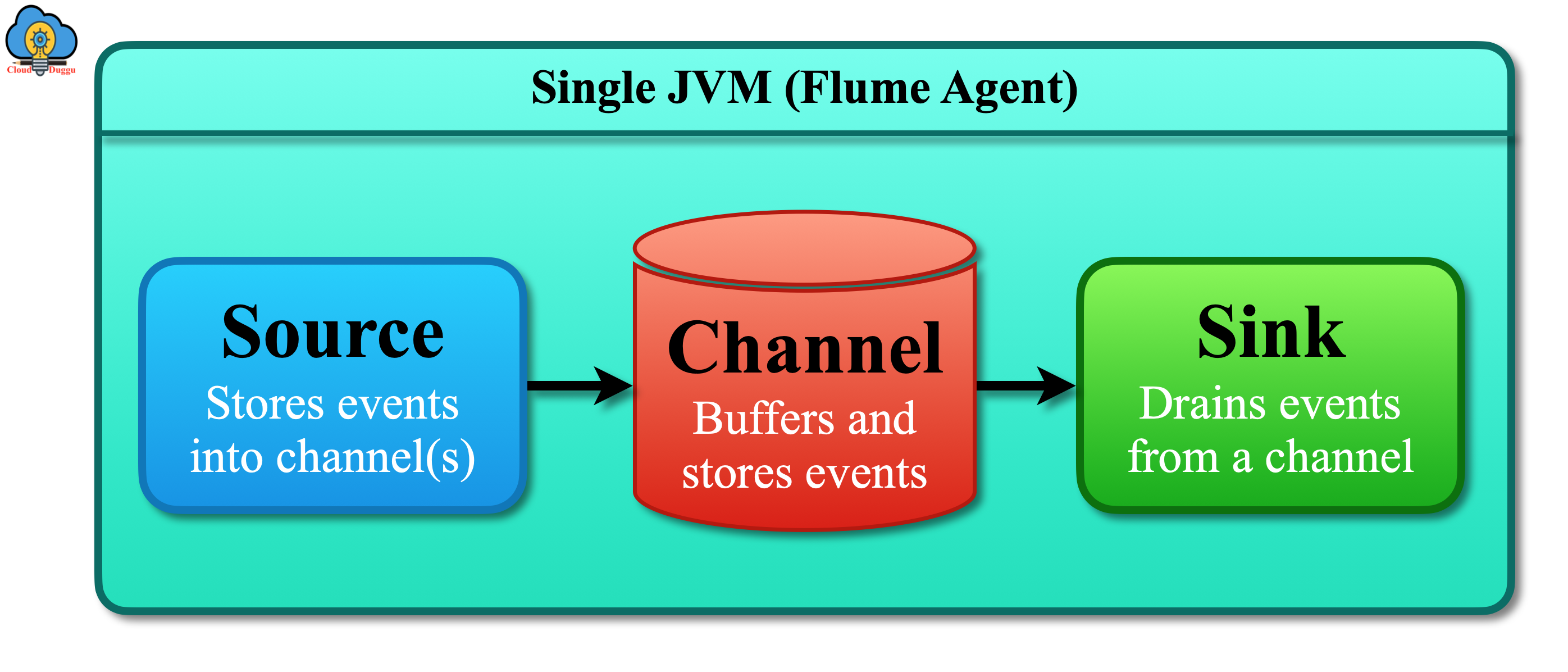

Must-Read Top 8 Interview Questions on Apache Flume
source link: https://www.analyticsvidhya.com/blog/2023/02/must-read-top-8-interview-questions-on-apache-flume/
Go to the source link to view the article. You can view the picture content, updated content and better typesetting reading experience. If the link is broken, please click the button below to view the snapshot at that time.
Introduction
In this constantly growing technical era, big data is at its peak, with the need for a tool to collect and move this massive data effectively. Apache Flume is one tool that can collect, aggregate, and transfer massive volumes of data from one or more sources to a centralized data source efficiently and reliably.
The data sources are customizable in Apache Flume, that’s why it can ingest any data, including log data, network data, event data, social-media generated data, emails, message queues, etc.
Source: Quora
Moreover, Hadoop and Big Data developers use this tool to get log data from social media websites. Cloudera developed Flume gathers log files from multiple data sources and asynchronously persist in the Hadoop cluster.
In this blog, I discussed eight interview-winning questions that will help you to set a pace for Apache Flume and ace your upcoming interview!
Learning Objectives
Below is what we’ll learn after reading this blog thoroughly:
-
A common understanding of an Apache Flume and its role in the technical era.
-
Knowledge of reliability and failure handling in Apache Flume.
-
An understanding of the data flow process in Flume.
-
An understanding of features and use cases of Apache Flume.
-
Insights into concepts like channel Selectors, Consolidation, and Interceptors in Flume.
Overall, by reading this guide, we will gain a comprehensive understanding of Flume to move the data. We will be equipped with the knowledge and ability to use this technique effectively.
This article was published as a part of the Data Science Blogathon.
Table of Contents
- Explain the concept of data flow in Apache Flume.
- Explain the use cases of Apache Flume.
- Explain the concept of Reliability and Failure Handling in Apache Flume.
- What do you mean by Channel Selectors?
- Explain the concept of Consolidation in Flume.
- Define the usage of Interceptors in Flume.
- How can you use the HDFS “put” command for Data Transfer from Flume to HDFS?
- Explain the features of Flume.
- Conclusion.
Q1. Explain the Concept of Data Flow in Apache Flume.
In flume, we use log servers to generate the events and log data, and the Flume framework transfers that log data into HDFS. The Flume agents were constantly running on the log servers and receiving data from the data generators.
Source: data-flair.training
The role of Flume is like an intermediate node that collects the data in these agents, those nodes are what we call Collectors, and n-number of collectors are available in Flume just like agents. Finally, data will be aggregated and pushed to a centralized store like Hadoop, HBase, Hive, etc. just by using these collectors.

Source: flume.apache.org
Types of Data Flow in Flume:-
-
Multi-hop Flow: In the multi-hop Data flow, multiple agents can be present, and an event may travel through more than one agent before reaching the final destination within Flume.
Source: data-flair.training
-
Fan-out Flow: Fan-out data flow is the condition when the data transfers or flows from one source to multiple channels within Flume.
Source: data-flair.training
-
Fan-in Flow: In contrast with Fan-out flow, Fan-in flow is the transfer of data or data flow in which the data will be transferred from many sources to one channel.
Source: data-flair.training
Q2. Explain the Use Cases of Apache Flume.
Although several uses cases of Apache Flume are there in the market, and few of them are:
-
Apache Flume had a high usage in applications where we want to acquire data from various sources and store it in the Hadoop system.
-
Apache Flume plays a significant role in applications where we require to handle high-velocity and high-volume data in a Hadoop system.
-
Apache flume facilitates reliable data delivery to the desired destination or HDFS.
-
Apache Flume is proven a scalable solution when the velocity and volume of data increase by adding more machines.
-
Flume can configure the various components of the architecture without incurring any downtime.
Q3. Explain the Concept of Reliability and Failure Handling in Apache Flume.
To commit the transaction at the end of the sending agent, it is mandatory to receive the success indication from the receiving agent.
This process ensures the guaranteed delivery of semantics because the receiving agent only returns a success indication if its transaction commits successfully.
Q4. What do you mean by Channel Selectors?

Source: www.cloudduggu.com
Basically, we have two different types of channel selectors:
-
Default channel selectors:− Default channel selector is the replicating selector which is capable of replicating all the events in each channel.
-
Multiplexing channel selectors:− Multiplexing channel selectors are the selectors that choose the channel to send an event based on the address in the event’s header.
Q5. Explain the Concept of Consolidation in Apache Flume.
Q6. Define the Usage of Interceptors in Apache Flume.
Q7. How can you use HDFS “put” Command for Data Transfer from Flume to HDFS?
Q8. Explain the Features of Flume.
Conclusion
This blog covers some of the frequently asked Apache Flume interview questions that could be asked in data science and big data developer interviews. Using these interview questions as a reference, you can better understand the concept of Apache Flume and start formulating effective answers for upcoming interviews. The key takeaways from this Flume blog are:-
-
Apache Flume is one of the strongest tools that can be used to collect and transfer massive volumes of data from multiple sources to a centralized data source.
-
It is highly useful in applications where we want to transfer data from various sources, and we’re more concerned with the scalability and reliability of data.
-
We have discussed the concept of consolidation, interceptors, and channel selectors.
-
At last, we end this blog by discussing some of the important features of Apache Flume.
The media shown in this article is not owned by Analytics Vidhya and is used at the Author’s discretion.
Related
Recommend
About Joyk
Aggregate valuable and interesting links.
Joyk means Joy of geeK
